Mouse CCL2 / MCP-1 / MCP1 Bioactive Protein Product Attributes
Product Type: Bioactive Protein
Recombinant CCL2 / MCP-1 / MCP1 based upon sequence from: Mouse
Host: QP5449 protein expressed in E. coli.
Tag: Untagged
Recommended Applications: Bioactive
Application Notes: Please contact us for application specific information for QP5449.
Bioactivity Data: THP-1 chemotaxis significantly induced by less than 100 ng/ml of Mouse CCL2 / MCP-1 / MCP1.
Monomer or Dimer: Monomer
Amino Acid Sequence: QPDAVNAPLT CCYSFTSKMI PMSRLESYKR ITSSRCPKEA VVFVTKLKRE VCADPKKEWV QTYIKNLDRN QMRSEPTTLF KTASALRSSA PLNVKLTRKS EANASTTFST TTSSTSVGVT SVTVN
Purity: Greater than 95% as determined by SDS-PAGE.
Reconstitution Instructions:
Concentration of Mouse CCL2 / MCP-1 / MCP1 Protein: Lyophilized. Concentration determined by reconstitution volume.
Endotoxin Levels: Less than or equal to 1.00 EUs/ug as determined by the LAL method.
Buffer: Sterile filtered (0.22 um) solution containing 0.1% TFA
Storage Conditions: Store at -20C to -80C lyophilized. Guaranteed for 1 year at -80C reconstituted and 3 months at 4C reconstituted.
| Recombinant Mouse CCL2 / MCP-1 / MCP1 Protein General Information | |
|---|---|
| Alternate Names | |
| CCL2, MCP-1, MCP1, Scya2, JE, HC11, MCP1, AI323594, MCAF, MCP-1, Sigje, SMC-CF | |
| Curated Database and Bioinformatic Data | |
| Gene Symbol | CCL2 |
| Entrez Gene ID | 20296 |
| RefSeq Protein Accession(s) | NP_035463.1 |
| RefSeq mRNA Accession(s) | NM_011333.3 |
| UniProt ID(s) | Q5SVU3 |
| UniGene ID(s) | Mm.290320 |
| COSMIC ID Link(s) | CCL2 |
| KEGG Gene ID(s) | mmu:20296 |
| General Description of Recombinant Mouse CCL2 / MCP-1 / MCP1 Protein . | |
| Monocyte chemotactic protein 1 (MCP-1), also known as CCL2, is produced by injured or infected tissues. MCP-1 signals through the CCR2 and CCR4 G protein-coupled receptors to recruit memory T cells, monocytes, and dendritic cells to sites of inflammation. | |
Limitations and Performance Guarantee
This is a life science research product (for Research Use Only). This product is guaranteed to work for a period of two years when stored at -70C or colder, and one year when aliquoted and stored at -20C.

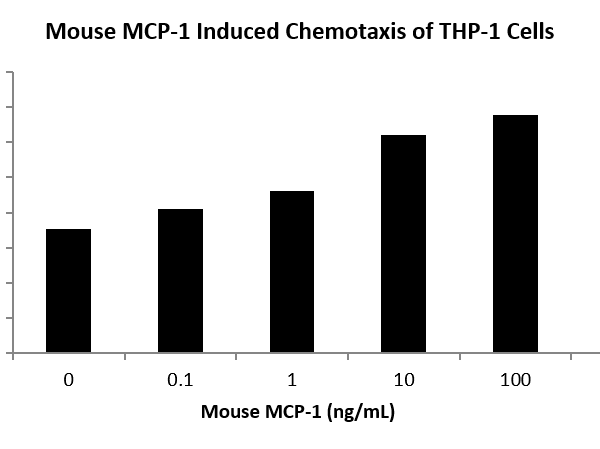


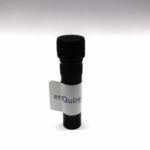
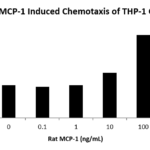
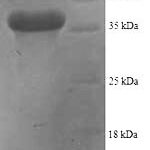
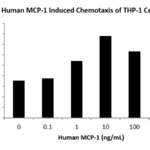
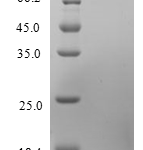

There are no reviews yet.